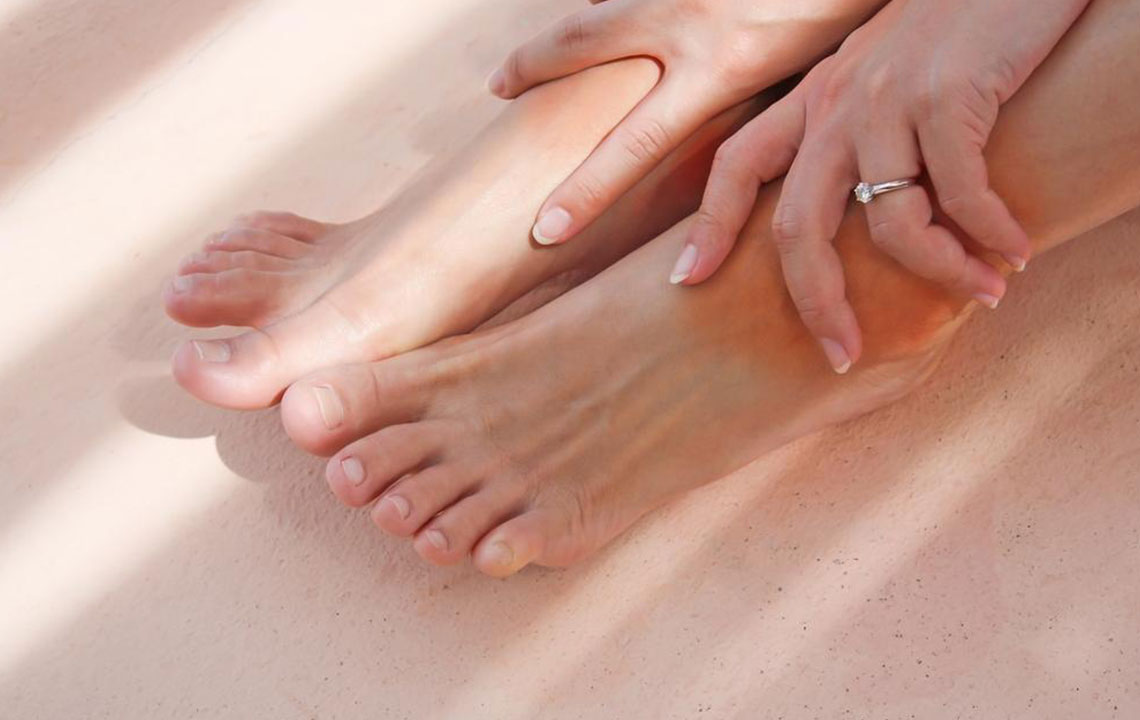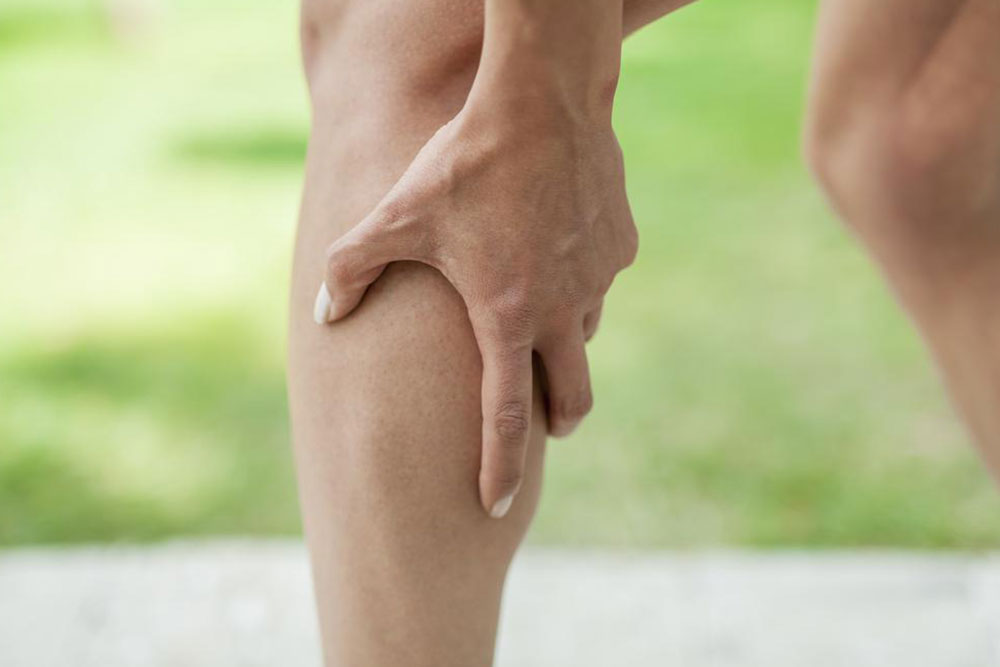Comprehensive Guide to Managing Nighttime Leg Cramps
Discover effective methods to treat and prevent night leg cramps. Learn about causes, stretching techniques, hydration, lifestyle tips, and when to see a doctor. Improve your sleep quality by managing this common discomfort efficiently.
Sponsored

Leg cramps are sudden muscle tightening or spasms that cause intense discomfort, often occurring in the calves during sleep or upon waking. They can also affect the thighs or feet.
Common Causes of Night Leg Cramps
While definitive causes remain unclear, several factors can contribute to these cramps:
Overexertion, muscle injury, or excess strain during physical activity
Dehydration and electrolyte imbalances
Pregnancy-related deficiencies in calcium and magnesium
Exposure to cold temperatures or water
Poor circulation or lack of potassium and calcium in the blood
Prolonged sitting, standing on hard surfaces, or sleeping in awkward positions
Use of specific medications like birth control pills, diuretics, antipsychotics, or steroids
Underlying health conditions such as kidney issues, thyroid problems, or multiple sclerosis
Effective Strategies to Relieve Night Leg Cramps
Stretching Exercises - Gently stretch the affected muscle by flexing and holding for 30 seconds. Repeating this can provide quick relief and prevent future cramps.
Applying Heat - Use a warm compress or heat pack directly on the muscle to relax tight muscles. Taking a warm bath before bed can also help prevent cramps.
Stay Hydrated - Drinking plenty of water, possibly infused with lemon, replenishes electrolytes and reduces cramp risk. Aim for 1.5 to 2 liters daily.
Stay Active - Gentle walking around the room can stimulate muscle relaxation and reduce cramp intensity. Moving helps send signals to muscles to contract and relax properly.
Over-the-counter Pain Relief - If cramps are severe, medications like ibuprofen can be helpful. Always consult your healthcare provider before use.
Prevention Tips for Night Cramps
Avoid alcohol as it promotes dehydration
Maintain hydration by drinking clear or lightly yellow urine-indicating water
Consume a diet rich in potassium, magnesium, and calcium, especially during pregnancy
Incorporate daily stretching routines, particularly before bedtime
Gradually increase physical activity to prevent sudden muscle strain
Regularly use a bicycle for muscle strengthening
Consider multivitamin supplements to fill dietary gaps
Ensure sleeping sheets are loose and don't restrict movement
Consult a Healthcare Professional
Persistent night cramps affecting sleep or leading to muscle weakening should prompt a visit to your doctor. Inform them of all medications taken, and follow the prescribed treatment plan carefully. Proper management can help restore restful sleep and prevent long-term complications.
With the right treatments and lifestyle adjustments, night leg cramps can be effectively managed for better sleep quality.






